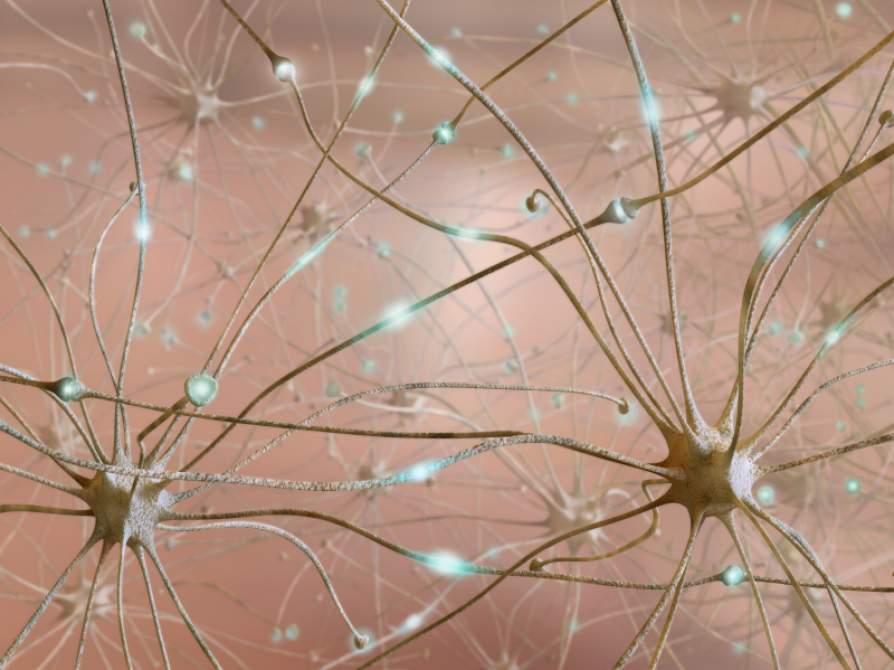
The hormone, Insulin-like Growth Factor-1(IGF-1) improves the functioning of neurons in laboratory models of Phelan-McDermid syndrome. These are models such as cells in a dish and animals that have been genetically altered to study certain genetics of Phelan-McDermid syndrome.
In 2014, the results of a clinical trial testing IGF-1 in PMS patients were published. This first study was a pilot, meaning a small number of people were enrolled to learn how to best run more complete studies in the future. In the study, people in the IGF-1-treated group showed improvements in specific behavioral symptoms which are common in autism, such as social withdrawal behavior and restricted behaviors. Because this was a pilot, many other categories of symptoms in PMS were not tested. The treatment was shown to be safe throughout the trial and the most common side effects included sleep disturbance, mood changes, low blood sugar, increased urine frequency, increased appetite, and rash.
Overall, the 2014 results indicated that IGF-1 may have some benefit for some symptoms, and did not appear to have serious side effects, but that additional trials were necessary to make any conclusions.
In medicine and in science in general, assessing results across multiple trials is an important concept to show consistency of an effect of a treatment. Clinical trials can be thought of as a series of experiments, where in iterative trials more and more people are enrolled, and safety and impact on symptoms is repeatedly assessed.
IGF-1 treatment has since been tested again in a new group of 10 people ages 5-12 with PMS, the results of which were just published. Combined, the two studies have tested IGF-1 on 19 people with PMS. Both studies were conducted at the Icahn School of Medicine at Mt. Sinai, led by Dr. Alex Kolevzon.
One of the significant findings of improvement from the first study was not improved in the more recent second study, and the second significant finding did not repeat to the same magnitude. “Significance” here refers to a statistical calculation cutoff indicating there is a very low chance that the effect of treatment seen was due to chance. It is important to note it is difficult to achieve statistical significance with small numbers of people, which is why it is important to analyze results over time and several trials.
When calculated across both IGF-1 trials – two measures were considered to improve in a statistically-meaningful way – restricted behaviors (behaviors limited in focus and demonstrate repetition or attachment to something), and hyperactivity. These results indicate there are some autism-related behaviors which may be improved with IGF-1 treatment.
Approximately 30 measurements did not change with treatment, including other behaviors on the “Aberrant Behavior Checklist”, Clinical Global Impression, other items of the Repetitive Behavior Scale, Sensory Profile, and Short Sensory Profile scales.
In the second study, the most common side effects or “adverse events” of treatment included runny nose/congestion, increased appetite, decreased energy, mood changes. These side effects were not considered serious but were increased in frequency statistically with IGF-1 treatment across the two studies.
A challenge discussed in other publications is the possibly prohibitive cost of IGF-1. Because of this, the investigators have also started studying growth hormone as a treatment in PMS, which has been shown to increase IGF-1, and may show increased benefit, although the results are preliminary and further studies are needed.
This summary of results is meant to be unbiased and neither promote nor detract from the study. When weighing whether to enroll in a clinical trial, families should consider possible side effects, possible symptom improvement, and cost, among other factors. All clinical trials are experiments which provide steps forward in gaining information in each of these categories over time.
2022 IGF-1 trial publication: https://www.ncbi.nlm.nih.gov/pmc/articles/PMC8994375/
2014 IGF-1 trial publication: https://www.ncbi.nlm.nih.gov/pmc/articles/PMC4326443/
